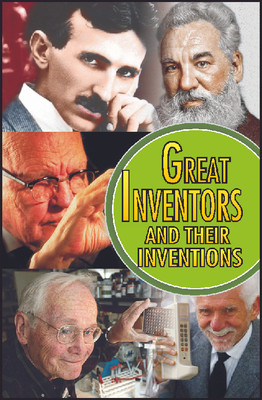
They were all highly trained engineers and scientists, often working in teams supported by government research grants or corporate research labs and churned out all over the world in universities running degree programs that didn’t even exist in the early 20th century. There was no initial flash of discovery.Īnd unlike Bell, Marconi, and Edison, none of the inventors of these new technologies started out an amateur. No one remembers the first time they used the Internet or GPS they just evolved. Even engineers initially viewed the transistor as a simple replacement for the vacuum tube, while the laser was generally believed to be a glorified flashlight. My grandchildren are not going to ask me what it was like to use the first transistor. Inventions are numerous, seemingly incremental, and mostly taken for granted. Magic has been replaced by science and technology. In contrast, the world today is a busy, connected place. In a relatively empty, largely agrarian world, these magical inventions had enormous impact, and even before they were widely adopted, it was understood almost immediately what they did and, to some degree, how they would be used. They were seen as miracles, and accepted as such.

I remember, when I was a child, my mother telling me about the thrill she felt in first hearing a voice emanate from a radio, first speaking on a telephone, and the first time she saw an airplane fly over her farm in Virginia. Perhaps it is because the world of the past was a simpler place and there was magic in the air.

Yet these are probably the most significant inventions of the last century, and I wonder: Why this disparity? But few know who invented the transistor, laser, integrated circuit, optical fiber, stored-program computer, GPS, or Internet.

Everyone knows the great electrical inventors of the past, such as Alexander Graham Bell of the telephone, Marconi of the radio, and Edison of the incandescent light.


 0 kommentar(er)
0 kommentar(er)
